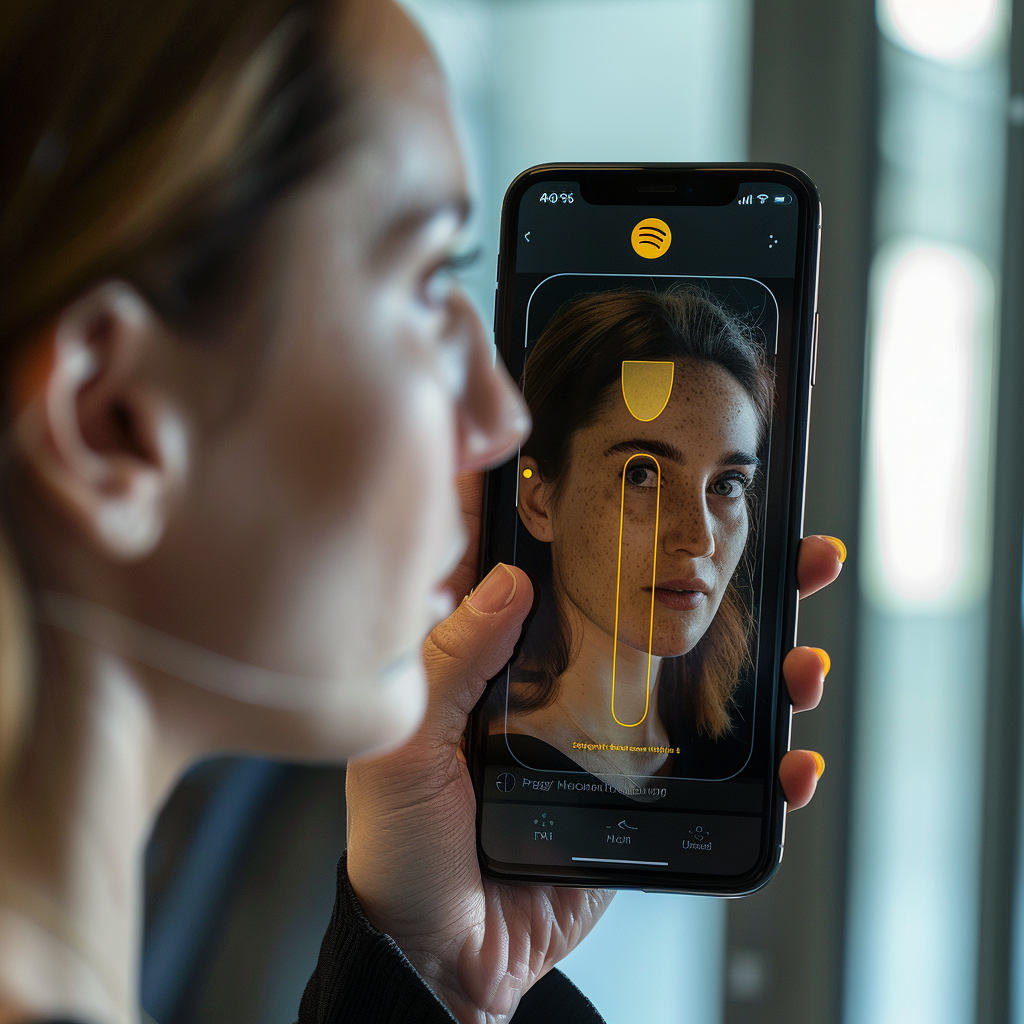Top 10 Trends in Clinical Trial Recruitment for 2024
by Daniel Sparr, Founder / CEO
As we step into 2024, the landscape of clinical trial recruitment is rapidly evolving, driven by innovative technologies and a deeper focus on patient-centricity. Here are the ten most exciting trends:

-
Artificial Intelligence for Optimizing Study Design: AI is revolutionizing the way studies are designed, leveraging vast medical data and previous trial outcomes to inform decision-making, identify potential risks, and develop mitigation strategies.
-
Predictive Analytics for More Precise Recruitment: The use of AI to sift through real-world data for potential participants is becoming more refined, enabling trial sponsors to predict which participants are most likely to benefit from, adhere to, and complete the trial.
-
Growing Use of Voice Recognition: Voice recognition technology, through natural language processing, is being increasingly used to capture participant responses, improving engagement and adherence by offering a convenient data capture method.

-
Enhanced Patient Advocacy Group Involvement: Input from patient advocacy groups is being increasingly valued, contributing to drug development that aligns more closely with patient needs and preferences, potentially accelerating product launch.
-
Pharmacies Ramp Up Trial Recruitment: Following CVS's exit, competitors like Walgreens and Kroger, as well as global players like Chemist Warehouse in Australia, are increasing their involvement in clinical trial recruitment, providing access to a vast pool of potential participants.
-
Decentralized Clinical Trials (DCTs) Gaining Momentum: The shift towards DCTs continues, with technologies enabling remote participation, thereby expanding access and easing participation for a broader demographic.
-
Increased Focus on Diversity and Inclusion: Efforts to include more diverse populations in clinical trials are intensifying, with regulatory bodies emphasizing the need for trials to reflect the diversity of the population that will use the medications.

-
Use of Digital Health Technologies: The integration of digital tools like ePRO (Electronic Patient-Reported Outcomes), wearables, and sensors in trials is on the rise, offering richer, real-time data and improving patient monitoring and engagement.
-
Data Privacy and Security Enhancements: As the use of digital technologies increases, so does the focus on protecting participant data, with more robust privacy and security measures being implemented.
-
Regulatory Adaptations to Support Innovation: Regulatory bodies are adapting faster to technological advancements, providing clearer guidance and support to accommodate the evolving landscape of clinical trials.
These trends highlight a significant shift towards a more inclusive, efficient, and technology-driven approach in clinical trial recruitment and management, promising to accelerate drug discovery and enhance patient care in the years to come.
